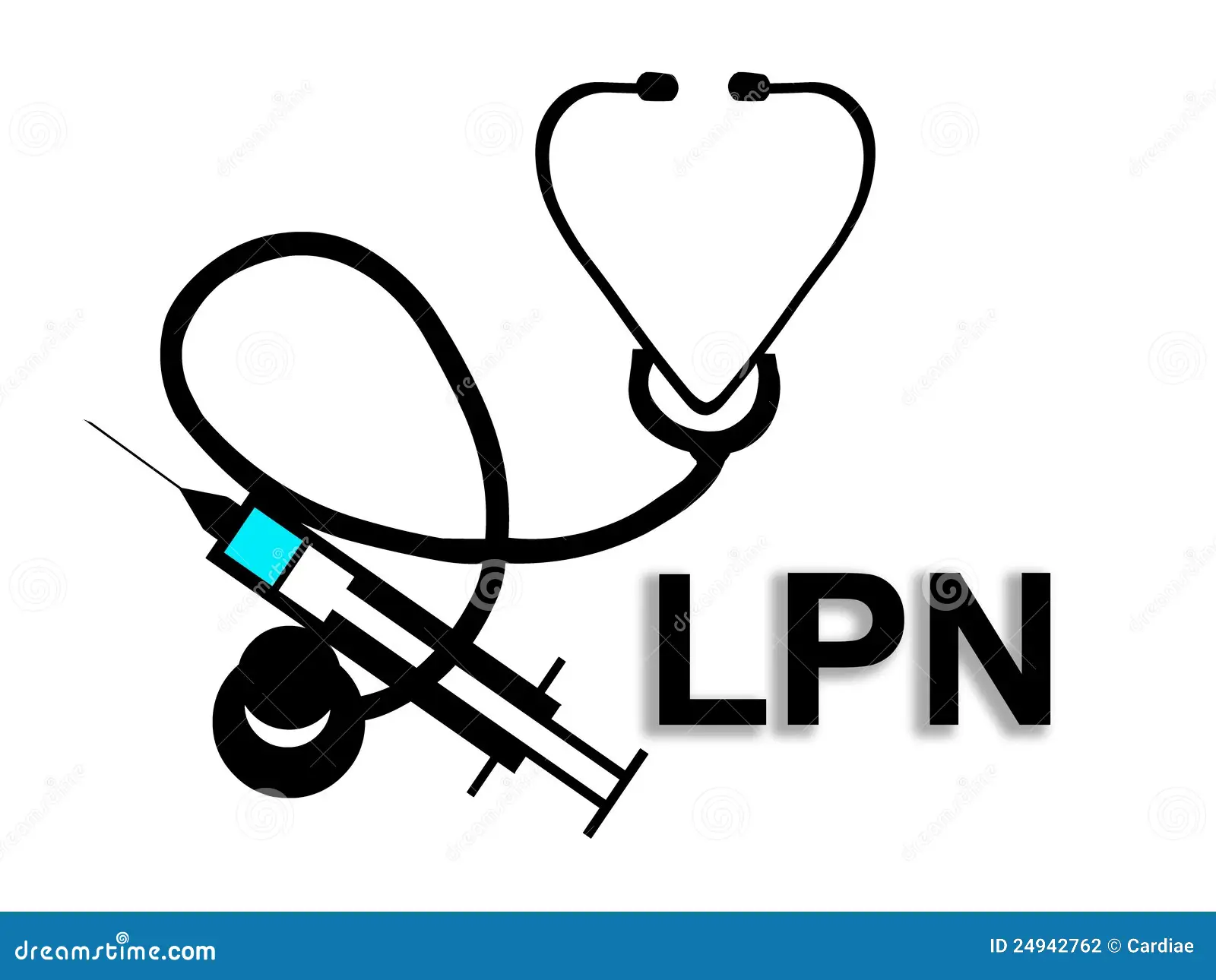
Nursing is a noble profession that plays a vital role in the healthcare system, ensuring the well-being and comfort of patients. While most people are familiar with registered nurses (RNs), there is another crucial member of the nursing team: licensed practical nurses (LPNs). Often referred to as vocational nurses or practical nurses, LPNs work alongside RNs and doctors to provide direct patient care in various healthcare settings. In this article, we will delve into what exactly nursing LPN entails, their scope of practice, educational requirements, and the essential skills needed to excel in this rewarding career. Whether you are considering a future in nursing or simply curious about the different roles within healthcare, join us as we explore all there is to know about being an LPN.
What is nursing LPN?
LPN stands for Licensed Practical Nurse. It is a specialized field of nursing that focuses on providing basic patient care under the supervision of registered nurses or physicians. LPNs play a crucial role in healthcare settings, carrying out tasks such as taking vital signs, administering medications, dressing wounds, and assisting patients with daily activities.
One key aspect of being an LPN is the ability to provide holistic care to patients. This means addressing not only their physical needs but also considering their emotional and mental well-being. LPNs often develop close relationships with their patients, providing comfort and reassurance during challenging times. Another important aspect of being an LPN is communication skills. LPNs need to effectively communicate with both patients and other healthcare professionals in order to provide the best possible care. They are often responsible for gathering information from patients about their symptoms and relaying this information to other members of the healthcare team.
Becoming an LPN requires completing a practical nursing program and passing the National Council Licensure Examination for Practical Nurses (NCLEX-PN). Once licensed, LPNs can work in various healthcare settings including hospitals, long-term care facilities, clinics, and home health agencies
Education and training required to become an LPN
Becoming a Licensed Practical Nurse (LPN) is an exciting and rewarding career path that allows individuals to make a difference in the lives of others. However, it requires a significant amount of education and training to become fully qualified in this role. The journey to becoming an LPN typically starts with completing a state-approved educational program.
These programs can be found at vocational schools, community colleges, or even online. They typically take around one year to complete and cover subjects such as anatomy, physiology, pharmacology, and nursing skills. In addition to classroom instruction, students also gain hands-on experience through clinical rotations in hospitals or other healthcare settings. This combination of theoretical knowledge and practical skills prepares aspiring LPNs for the challenges that they will face in their future careers. Once the educational requirements have been fulfilled, aspiring LPNs must pass the National Council Licensure Examination for Practical Nurses (NCLEX-PN) to become licensed. This comprehensive exam evaluates their knowledge and understanding of various nursing concepts such as patient care, health promotion, and ethical principles. Passing this exam is crucial because without licensure, individuals cannot legally practice as an LPN.
Duties and responsibilities of a nursing LPN
As a Licensed Practical Nurse (LPN), the duties and responsibilities extend far beyond basic care. LPNs are an integral part of the healthcare team and play a crucial role in delivering high-quality patient care. They work under the supervision of registered nurses (RNs) and physicians, assisting with various tasks such as monitoring vital signs, administering medications, dressing wounds, and providing emotional support to patients.
One of the key responsibilities of an LPN is to ensure accurate documentation and record-keeping. LPNs must maintain detailed reports on patients’ conditions, medication administration, and any changes in their health status. This meticulous documentation not only helps track the progress of each patient’s treatment but also acts as an essential reference point for other healthcare professionals involved in providing care. Additionally, LPNs often act as advocates for their patients. They liaise between patients, families, and other members of the healthcare team to ensure that proper treatment plans are implemented effectively. LPNs must have excellent communication skills to relay information accurately but also compassionately address any concerns or questions that may arise. Their ability to establish trust with both patients and their loved ones can greatly impact overall patient satisfaction and outcomes.
Career opportunities and job prospects for LPNs
Career opportunities and job prospects for LPNs are on the rise, creating a promising outlook for those considering a career in nursing. With the demand for healthcare professionals increasing due to an aging population and advancements in medical technology, the need for licensed practical nurses is expected to grow substantially in the coming years. LPNs can find employment in various healthcare settings such as hospitals, nursing homes, clinics, and home health agencies.
One exciting aspect of pursuing a career as an LPN is the diverse range of specialties that one can explore. While many LPNs choose to work in general healthcare settings, others may opt for specialized areas such as pediatrics, geriatrics, or mental health. This allows LPNs to tailor their careers to fit their interests and passions while gaining valuable experience in specific fields. Moreover, with continued education and advanced certifications, LPNs have opportunities to advance their careers into leadership roles or transition into registered nursing positions. Furthermore, some insurance companies employ LPNs as case managers or utilization reviewers where they ensure that patient treatments align with established medical guidelines.
Advantages and limitations of being an LPN
Advantages of being an LPN include the relatively short training program compared to a registered nurse (RN). LPN programs typically take around one year to complete, making it an attractive option for individuals wanting to enter the nursing field quickly. LPNs also have a high demand in various healthcare settings such as hospitals, long-term care facilities, and even in-home care. This means that job opportunities are plentiful, providing more flexibility and choices for LPNs when it comes to finding employment.
However, there are limitations to being an LPN. One major limitation is the scope of practice. LPNs cannot perform certain tasks that RNs are authorized to do, such as administering IV medications or developing comprehensive care plans. This can be frustrating for some LPNs who may feel limited in their professional growth and development. Additionally, LPNs often work under the direct supervision of RNs or other healthcare professionals, which means they have less autonomy and decision-making power compared to their higher-level counterparts. Despite these limitations, many argue that being an LPN can still be a fulfilling career choice. The close-knit relationships formed with patients due to regular interactions provide a sense of personal satisfaction. Furthermore, entering the healthcare industry as an LPN allows individuals to gain hands-on experience and knowledge that could potentially pave the way for future career advancements if desired. It is important for aspiring nurses considering this career path to weigh both advantages and limitations against their personal goals and aspirations before making a final decision.
Conclusion: The importance of nursing LPNs in healthcare.
In conclusion, the importance of nursing LPNs in healthcare cannot be understated. These dedicated professionals play a vital role in delivering quality care to patients and supporting the broader healthcare team. LPNs bring a unique set of skills and knowledge to the table, combining their medical expertise with compassionate bedside manner.
One key aspect where LPNs excel is their ability to provide personal care and emotional support to patients. They are often responsible for assisting with activities of daily living such as bathing, dressing, and feeding, helping patients maintain their dignity and wellbeing. Moreover, they build strong connections with patients throughout their treatment journey, acting as a trusted advocate and source of comfort. LPNs also contribute significantly to patient education by providing important information about medications, treatment plans, and self-care strategies. Their close proximity to patients allows for more frequent interactions which can help improve adherence to prescribed treatments and overall health outcomes. By delivering these critical aspects of patient care alongside registered nurses (RNs) and other healthcare professionals, nursing LPNs form an essential component of the multidisciplinary approach within the healthcare system.






